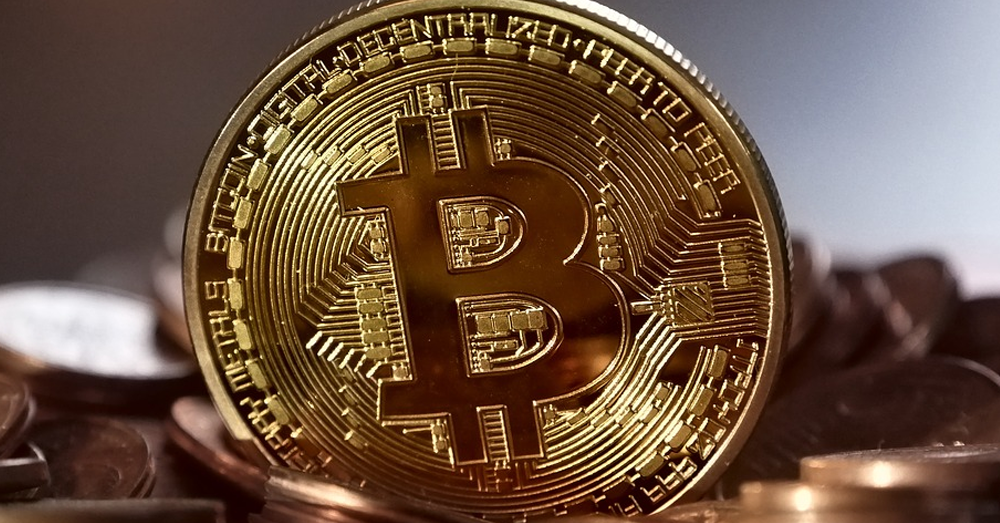by James WhiteheadFew could have predicted the meteoric rise of Bitcoin over the last 5 years. Early-adopters who bought Bitcoin in the first year of its release are finding that their coins, now worth up to $3000 each, are rich without having lifted a finger. However, those in the early days who spent their bitcoins on pizza, coffee or other everyday items cannot be accused of recklessness in the face of future wealth. The value of Bitcoin, as with any currency, is based on its perceived value - those who made the leap and spent their bitcoin in the early days laid the foundations of its widespread use and therefore its greater value. Whilst Bitcoin is far from a position in which it will replace conventional currencies, it has come a long way since its inception. Bitcoin ATMs are springing up around the UK and the network of Bitcoin accepting vendors is growing every day. Even large companies and retailers are now accepting Bitcoin – Microsoft, Dell and Virgin are just some of the big names which make up a network of over 100,000 firms worldwide who allow payment with the currency. We are getting to a stage in which big financial firms are taking notice of Bitcoin. Goldman Sachs for example have estimated (conservatively, according to some commentators) that the Bitcoin exchange rate will top $4000 by the end of the year. As a mode of investment, Bitcoin continues to be a highly volatile but ultimately profitable asset over the long-term. Some experts believe that the price can only go up as the cap of 21 million Bitcoins that can be produced gets closer and closer. Of course, Bitcoin is not the only cryptocurrency floating around in digital wallets. Ethereum and Litecoin are coins which have market capitalisation of over $1 billion and, like Bitcoin, are enjoying more widespread acceptance. Less serious investors can buy more obscure coins which seem doomed to languish in their relative obscurity amongst small online-communities. Dogecoin, which is themed upon a Shiba Inu-featuring meme, is unlikely to be a widely accepted means of payment anytime soon. Governments, as well as the business community, are starting to take notice of the Cryptocurrency wave. The Bank of England has held consultation periods in which it has sought to understand the implications of a growing cryptocurrency sector. Other organisations, such as the Government of Singapore, have gone as far as trialling their own ‘digital dollars’ in an attempt to have control over the cryptocurrency trend. The media is increasingly picking up on cryptocurrency and blockchain related stories. A great deal of misunderstanding and misinformation on the subject exists online and it highlights the need for good communications from blockchain firms. The rollercoaster of the Bitcoin exchange rate has led to a number of high profile news articles, however the less dramatic blockchain application may not make headlines but will transform some business sectors in a revolutionary way.
0 Comments
Your comment will be posted after it is approved.
Leave a Reply. |
Blog Archives:
June 2024
|

